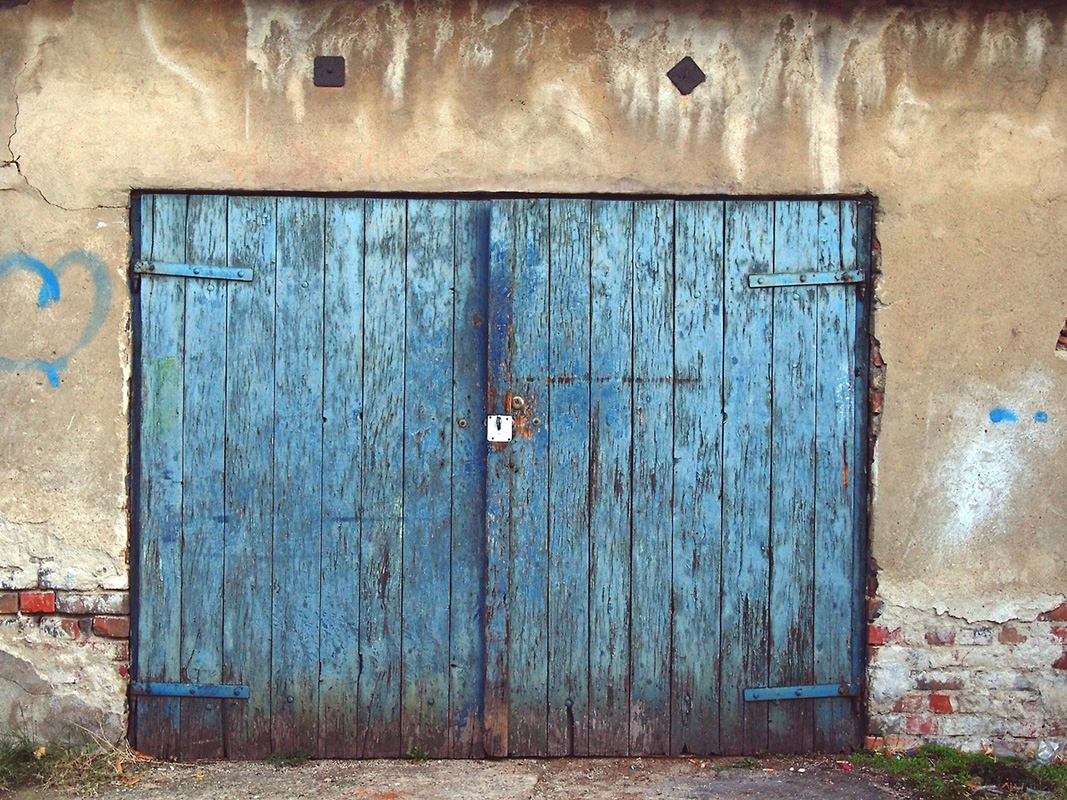One of the main features of Vucic’s governing technology is snap parliamentary elections. Usually, in a multi-party system, this kind of election serves to return the mandate to the citizens to reiterate their political will, once the government has lost its majority in the Parliament. However, this was not the case with the previous snap election in Serbia, which exclusively served to increase the personal power of Aleksandar Vucic.
The 2012 parliamentary term would have expired in 2016. But, with the snap elections of 2014 and 2016, Vucic has secured and extended his power until 2018 and 2020 respectively. Thus, every two years, the government has added another two years to its mandate. With the new parliamentary elections, together with the regular Belgrade elections scheduled for March 2018, the regime would secure power for itself until 2022, provided that it wins. And this practice will most likely continue. In Vucic’s stabilocracy, the point of elections is to sustain the government, rather than provide an opportunity to replace it.
The Constitution of the Republic of Serbia foresaw a situation just like this. Article 5, paragraph 4 states: “Political parties can not directly exercise power or subjugate it to themselves”. This principle is also found in the constitutions of other post-socialist countries and represents an echo of anti-communism. But it is not far from the current situation in Serbia. It is enough to look at the Parliament and the way the majority treats the opposition. The aggressive circus staged by the SNS in the Parliament comes from the fact that the opposition is still present in the Parliament. As far as the SNS is concerned, this is politically unnatural. In that sense, it is wrong to claim that there is a position and an opposition in Serbia. It would be more accurate to say that the multiparty system and the principle of the substitution of power have been left solely to the care of the opposition.
By the embedded principle of substitution, democracy desanctifies power. By contrast, autocracy often tends to sanctify it. The extent of the destruction of democracy is made evident by the words of Marko Djuric at an SNS party celebration. According to Djuric, Serbia was “brought back from the abyss thanks to the wise policies of the president of Serbia and the SNS, Aleksandar Vucic”. For Djuric, Vucic is not an ordinary man and politician, but a divine being with miraculous powers – the Master of the Abyss.
By frequent and uncalled-for snap elections, the regime fully dictates the political pace, ensures for itself an absolute initiative in relation to the opposition, and imposes the framework for action. By participating in the elections, the opposition has been playing to Vucic’s tune. However, now may be the time to end this. In order to fight to reinstate the changeability of government and stop further strengthening of the autocratic regime, it is necessary for the opposition to reject Vucic’s rules of the game and seriously consider boycotting the next snap parliamentary elections (if they are called).
Participating in regular Belgrade elections, while boycotting parliamentary elections, could be justified like this: Belgrade elections are regular, while snap parliamentary elections are unnecessary and only serve to express Vucic’s arbitrariness. Political arbitrariness of the government is not binding for the opposition.
A boycott would create turmoil within the regime and intensify the political struggle. If he continues to push his political strategy and insists on snap elections, Vucic will risk bringing his party army onto a battlefield where no real fight is happening. During that time, the opposition could concentrate on Belgrade. The media blackout produced by the regime would be somewhat neutralized by the boycott. If media freedom is secured, it would be much easier for the opposition to cover Belgrade than the whole of Serbia. And, if an opposition government was to be established in Belgrade, the first real political crisis of Serbian stabilocracy would begin. This way, the opposition would definitely take over the political initiative and force Vucic to negotiate the liberalization of political life.
Without opposition in the Parliament, there would be no political legitimacy for the announced constitutional changes in the context of EU accession and negotiations with Kosovo. In this manner, a political space would be opened for some future government to annul the decisions of the one-party SNS Parliament as illegal. This would turn Vucic’s technology of power and his parliamentarian games against him. And, suddenly, he would become a factor of destabilization, and not stability, in the eyes of Europe.
The boycott would also establish a dividing line between democratic and authoritarian parties (those participating in Vucic’s autocracy / stabilocracy). It would also send a clear signal to other democratic countries in the world that there is something wrong with Serbia once again. The regime would be compelled to either start practicing more severe repression, thus showing its true colors, or to start getting ready to descend from power.
Translated by Marijana Simic
Peščanik.net, 14.11.2017.



